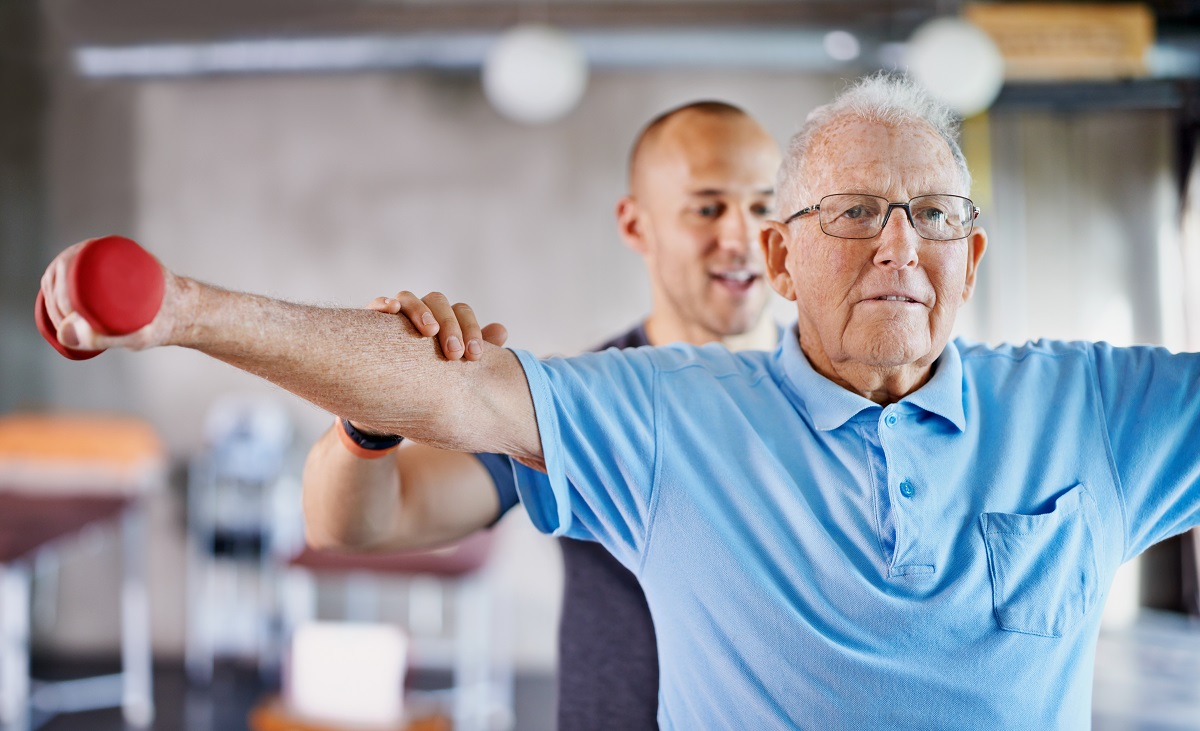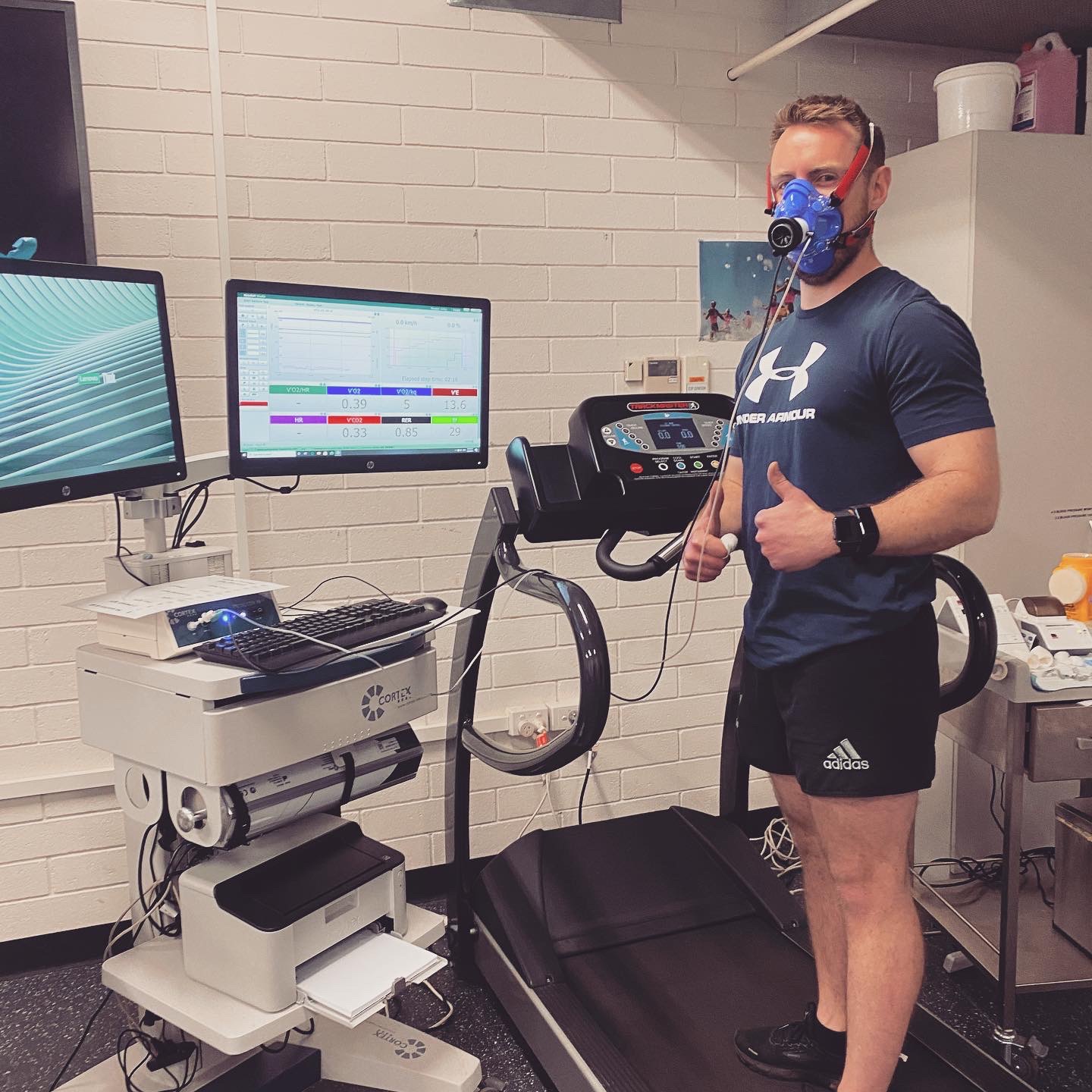
Flinders Caring Futures Institute researchers are adding to a growing body of research around optimising people affected by cancer before treatment through lifestyle interventions such as exercise, diet and psychology.
One of those researchers is Dr Matthew Wallen, Research Fellow and Lecturer in Exercise Science and Clinical Exercise Physiology at Flinders University, who has recently taken on a leadership role within the Institute’s Cancer Care area of focus.
Dr Wallen says his interest in preparing people with cancer for treatment stemmed from a simple concept.
“If you’re trying to prepare for a marathon, you wouldn’t go into a marathon without doing any training,” he explains.
“Nor would you attempt a marathon without proper nutrition. You would need to be in a good mindset as well. And so, the question is, can we apply exercise science principles around preparing for a major physiological stress, like a marathon, to the cancer treatment setting?”
While working as an Accredited Exercise Physiologist, Dr Wallen saw some cancer patients with high levels of fitness and good nutrition recover well after surgery.
“It became obvious there should be a priority to try and get people who aren’t as well prepared ready as best as possible before they undergo their major treatment for cancer,” he says.
Prehabilitation has been identified as an emerging strategy to optimise patient health before treatment, which often involves improving cardiorespiratory fitness, optimising nutrition and education around pain management.

Dr Wallen cites the example of a liver cancer patient he worked with, who presented with obesity, low levels of fitness, cardiovascular disease, and a history of hypertension. A lifestyle intervention involving supervised and unsupervised exercise training and regular consultations with a dietitian helped the individual improve their health and wellbeing prior to surgery.
“Had this individual not started prehabilitation before the surgery, there may have been a higher chance of developing complications which would have certainly increased his time in the ICU and hospital,” Dr Wallen says.
“The majority of evidence is pointing towards reduced length of stay after surgery in hospital, with some studies also showing less complications for those who undertake prehabilitation.”
However, research has shown there is no “one-size-fits-all” approach to prehabilitation strategies, with patients presenting with varying levels of fatigue, strength and fitness and at various stages of cancer.
“We have a general clinical pathway that we can follow, but it needs to be individualised to the person,” Dr Wallen says.
There is no uniform approach to prehabilitation strategies for cancer patients across public health services in Australia, something Dr Wallen would like to see implemented. Pending a successful funding application, Dr Wallen says he hopes to embark on a new program of research focused on pre-treatment strategies, investigating the spectrum of cancer treatments available and how exercise, diet and psychology can improve recovery and long-term health outcomes. He intends to identify key areas of need, something he aims to achieve through a process of consumer engagement.
“I would like to devise some guidelines and policies around early identification and early optimization to try and improve outcomes, whether it’s for chemotherapy, radiotherapy or before surgery.”
Read more about the Flinders Caring Futures Institute’s work in Cancer Care here.

